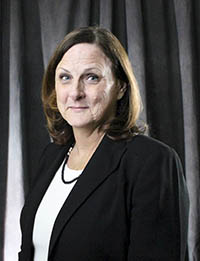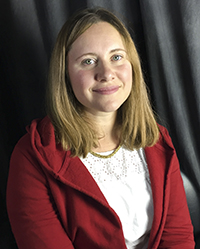Laboratory of Practice Professional Leadership – Special Populations, Ed.D.
The Laboratory of Practice activities engage candidates in the study of problems of practice that they experience within their respective fields. Each problem of practice relates to the needs of special populations – individuals with disabilities, gifts and talents, underrepresented minority groups, English learners, and individuals from poverty.
Activities that are typically required for the Laboratory of Practice are:
- Finalization of research questions;
- Review of related literature regarding the research question;
- Contextualization of work with the chosen field of practice;
- Synthesis of research literature and practice context;
- Design of a formal plan of inquiry;
- Articulate reasonable solutions to the challenge in question; and
- Work as a collaborative team with fellow educators/students.
This course was designed to help students meet the requirements for candidacy research and begin the development of their doctoral thesis. Most work done within the Laboratory of Practice courses can be segued into the final doctoral thesis. During this course, a faculty member, with experience in the particular dilemma or context, will facilitate the student’s movement through this process.
While the Laboratory of Practice and subsequent doctoral thesis may seem like sizeable tasks, the end product can be exceptionally rewarding. Hear from some of our students about the projects they are working on, how they are affecting their communities, and changing the world!
|
Laboratory of Practice, Current Students |
|
|---|---|
 |
Betsy McDanielThe Importance of Transition - A Descriptive Study of Eligibility Requirements at the Postsecondary Level for Tier One and Community Colleges in Texas: A Bridge Over Troubled WatersWhile working at the high school level with students with special needs, there appeared to be a lack of information about the process of transition to postsecondary schools. I started thinking about ideas to ease the process, and my academic advisor and I came up with a document analysis of eight local schools: four community colleges and four Tier One Universities. The end goal is to formulate a common document that encompasses the transition requirements for all eight schools and meets access to disability service requirements. |
 |
Johanna Thorpe Middle School Students' Self-Regulation Skills in a Personalized, Mobile School In working with underrepresented minorities as a middle school science teacher, I spent a career trying to close an achievement gap often with less resources. Technology has the potential to level the playing field through the use of often free quality content found online. However, technology use at the middle school level often requires students to self-manage their learning experience. Subsequently, I started to investigate the relationship between a student's ability to self-regulate his or her learning process in a technological context to possible teacher-developed supports designed to foster autonomous learning. From this work, I developed a plan which puts as much emphasis on interpersonal skill development as content development to learn deeply in a digital world. |